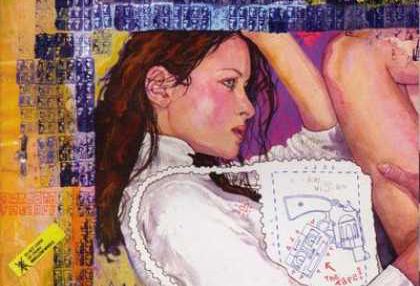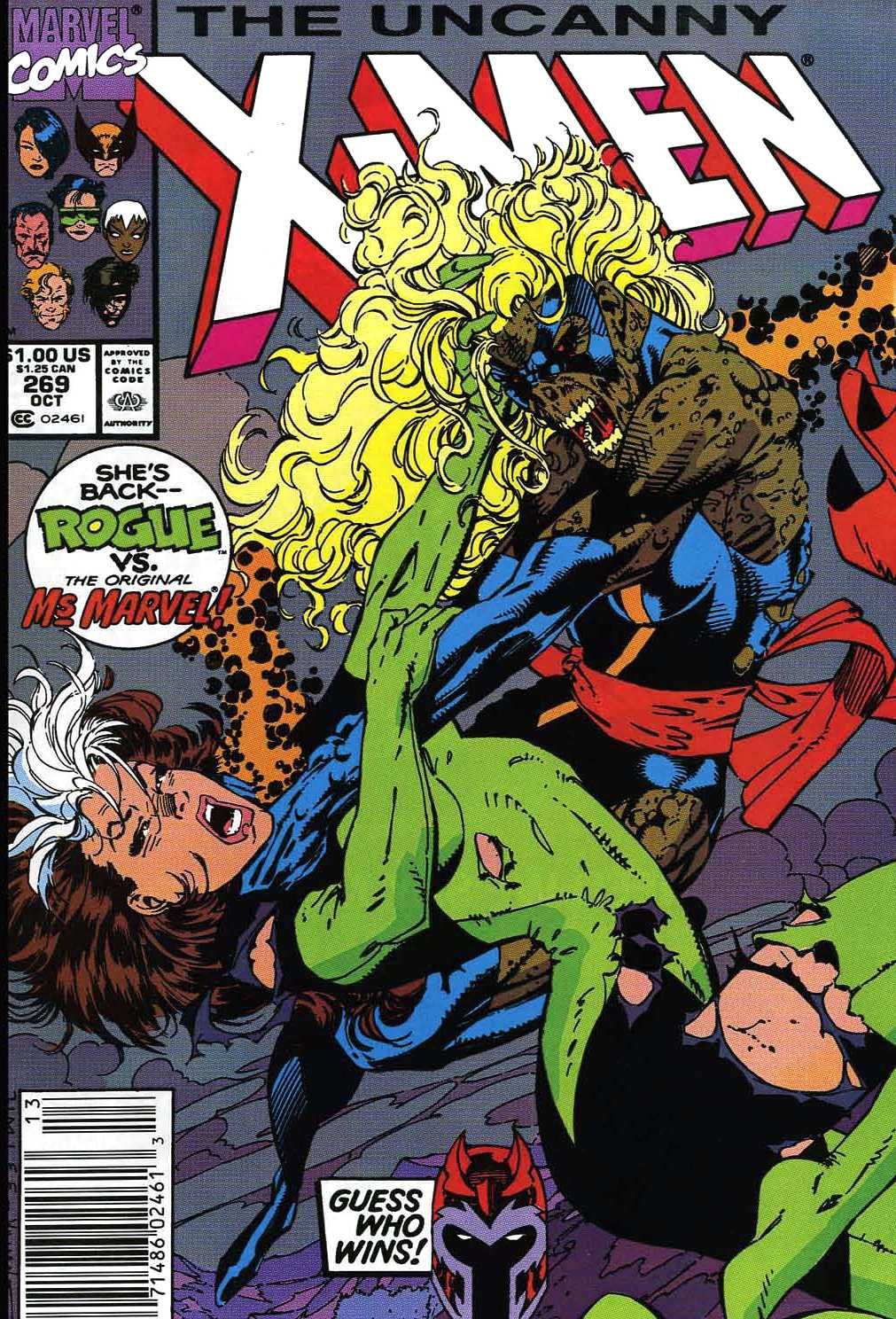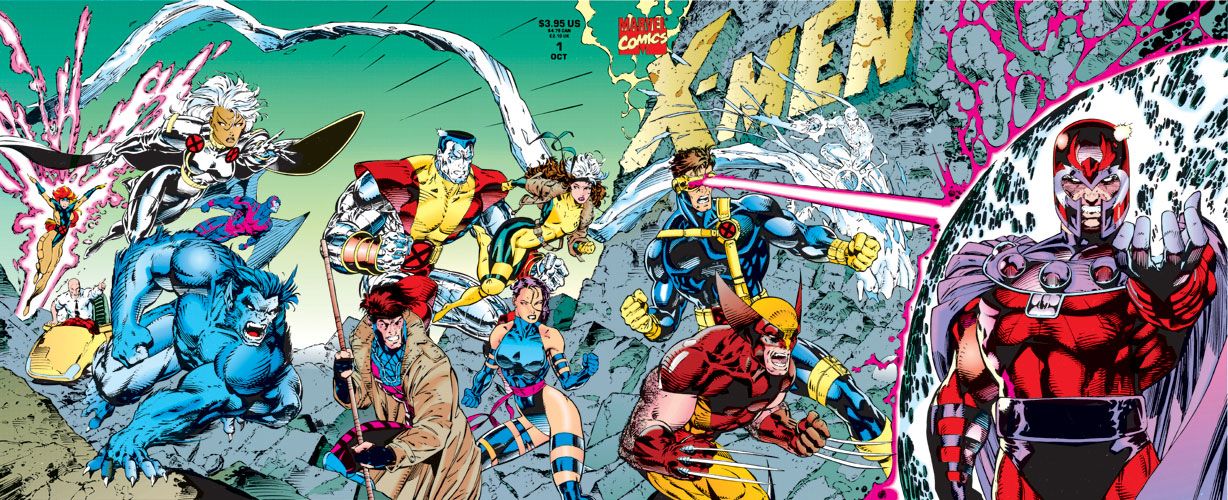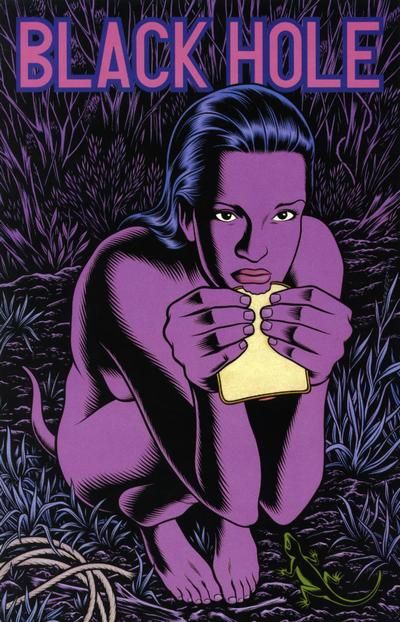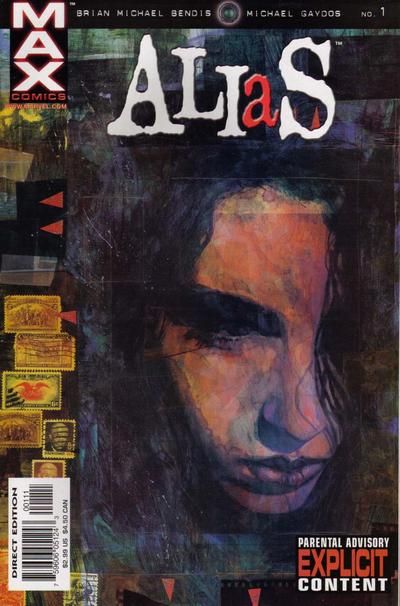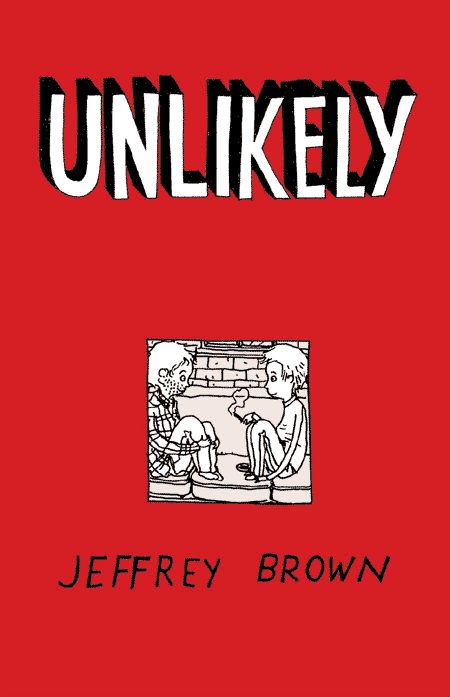Comics creator Jim Zub started a great little hash tag called #FourComics last week that caught fire
and made twitter a nice time for sharing comics for a bit (isn’t it nice when it’s not all doom and gloom and terribleness at every turn?). Anyway the idea was simple, tweet out the covers of Four Comics that “influenced you growing up.” It brought forth a bunch of great creators and great comics (check out Comics Alliance piece which gathers together a lot of great creators picks, including Zub’s, and you can also check out CSBG’s Greg Hatcher’s from last week here).
Because I came to comics a bit later in the game than many (I was almost 16) my picks are probably a bit newer and less “classic” than some, and reflect less something that influenced me “growing up” and more books that influenced my creative direction, or as I said on twitter “four comics that permanently shifted my perspective.”
I’ll talk about them in the order in which I discovered them (not necessarily the order in which they were released):
1. UNCANNY X-MEN #269 (1990) by Chris Claremont and Jim Lee, Marvel Comics
This first one is a bit of a cheat because what it did for me is probably not that dissimilar from what a lot of the very early superhero comics also did for me. For example Uncanny X-Men #290 was the first (non-Archie) comic book I ever read, brought home by my younger brother Scott when he recognized Storm on the cover from the X-Men cartoon we’d just started watching and had fallen in love with. For that reason, despite it not being a particularly great comic book, it’s important and forever lodged in my mind. Similarly, X-Men #1—yup you know the one!--wrap around Jim Lee Cover and all, was the first comic book I bought of my own volition. It also caused the first comic book related fight of my life, AND taught me a hard lesson about what the hell a variant cover was— that comic could be argued to be an equally important book to this one. It was the first non-Archie comic book I ever bought and it shaped so much of my early thoughts about superheroes. However, I almost never go back and read either of those comics, or the dozens that I read before I got to Uncanny X-Men #269, but I DO go back and re-read Uncanny X-Men #269.
That books speaks to something fundamental about superheroes to me and also about stories of women. When you cut your teeth on X-Men comics it’s not surprising that you venture out into other comics and are shocked to find the lack of interesting female roles. This comic, one of the first, let’s say 100 comics I ever read was a powerful story of a young woman losing her power and trying to find herself, as well as another woman trying to recapture her own power, taken from her by force. Though Magneto does provide a significant influence (and powerful plot point) in the issue, the issue is driven by those two women and almost every other supporting role – both hero and villain – are women. Lila Cheney, Polaris, Amanda Sefton, Moira McTaggart, Lady Deathstrike, and Cylla/Skullbuster. In other words it's chock full of women. A snapshot of them at different points in their life, many of them being manipulated, several of them fighting against things, or for things, all of them wonderfully different and fascinating.
Is it any surprise that even today stories of superpowered women fascinate me? Not really. They were there from the beginning for me, they inspired and excited me. Both their superhero arcs and their personal journeys.
Plus, that Jim Lee really could draw couldn’t he? Wonder whatever happened to that kid?
2. BLACK HOLE #4 (1995 – 2005) by Charles Burns, Kitchen Sink Press
The idea of a mutation—something I was familiar with and had come to even love, thanks to the X-Men I was so involved with—turned into a more realistic story in which mutation was not necessarily pretty, something that didn’t make you a superhero but a literal outcast, and something that could be transmitted like an STD blew my goddamned mind.
Though I loved (then and now) the ideas behind the X-Men, the truth is that regardless of the concept of outcasts, most of the X-Men were strong and beautiful. They were people I desperately wanted to be—they were heroes, they had powers I dreamed of, they had a home and friends/family that loved them desperately, and they had lives that I coveted like mad. So it was often hard to see them as anything other than impressive. Most of the time they didn’t seem like losers or loners but man the kids from Black Hole, did. They were lonely and depressed, euphoric and impulsive. Their mutations were often grotesque and utterly useless. They were literally thrown out and ostracized for the literal disease they wore on their faces. Some of them hid it better than others but it came back to bite them all eventually. They made awful mistakes and were cruel but they were also capable of such love and hope. Black Hole felt painfully real and desperately tragic and managed to both wreck me emotionally and make me think about stories and comics like I never had before.
Black Hole #4 happened to be the fist issue I read, thus the reason it sits here rather than say Black Hole #1. I’ve never quite bought into the “can’t judge a book by its cover” as it literally applies (it's certainly not a bad metaphor) but I’ve actually developed a book buying system that includes primarily looking at covers, titles, and the first line of a book and it’s a system that’s served me quite well (mostly with prose not comics, admittedly). Black Hole #4 is a great example of that—without that incredible cover maybe it doesn’t get bought all those years ago? Something to consider when you chose a cover artist for your book, or when you choose what book to buy next.
3. ALIAS #1 (2001) by Brian Michael Bendis and Michael Gaydos, Marvel Comics/MAX
If Black Hole showed me mutation in a whole new way, then Alias showed me superheroes in a whole new way. Alias was anything but a superhero comic, except it touched superhero comics in all the important and thrilling ways that still so excited me just through a completely different lense. I had always like Detective and PI stories and seeing them blended with superheroes and all through the perspective of a tragic, highly flawed, complex, and totally amazing woman like Jessica Jones might as well have caused cartoon light bulbs to go off above my head for all it meant to me. Jessica Jones was at once utterly unique to everything I’d read before and also the every woman that we can all identify with.
Years before, as a different and much younger Kelly, Rogue’s personal story of coming into her own power had resonated with me powerfully, and now Jessica Jones highly personal, much darker and more adult story of conquering her fears as well as a world that had treated her roughly resonated with me in a new way. Comics were changing as I was, or I was simply seeing new things in them. Either way these books reminded me over and over again that I was bound to comics in so many amazing ways. What an incredible and flexible medium it was when done well, and how must potential there was in it as both creator and fan.
4. UNLIKELY (2003) by Jeffrey Brown, Top Shelf
Jeffrey Brown’s Unlikely is indie comics at its best, which means it’s not necessarily for everyone. Really just a collection of vignettes in varying sizes, and told out of order so that it barely holds together into something cohesive, Brown's book is a magnificent assemblage of the moments in a relationship, the moments in a life, the moments in which we search so much for meaning. Brown assembled both the good and the bad, without fanfare or excessive commentary, to be digested and absorbed uniquely for each reader. There’s something raw and unsentimental in Brown’s work that’s truly powerful. Simple stories infinitely relatable, simple line drawings easy to project yourself into, and all the emotion in the world. I never looked at comics the same way again.
I remember when I discovered Unlikely, feeling salty at my comics education at The Savannah College of Art & Design for not better educating me when it came to the scope and variety of comics available to me--while there I barely progressed much beyond superhero books, despite a few teachers valiant efforts. Of course this was not fair to SCAD for a two reasons, one being that Unlikely was literally not yet out when I was in school they could not have shown it to me. But the more important point to take away was that I simply wasn’t ready.
Sometimes you make an evolutionary leap forward. When I saw Unlikely at Meltdown Comics that random day, I made that leap, but had you shown it to me at any other point prior to that, it might have just bounced off me. It might have meant nothing to me, instead of meaning everything to me.
Exposing yourself to as much good work and as much variety as possible is always a good thing and critical thing. But it's important to keep doing it, because what means nothing to you today might mean everything to you tomorrow, you just have to be open to it and in the right place so see what it has to offer. It's okay that sometimes you’re not even ready for it yet and can’t fully embrace what it has to offer. That’s part of the joy of discovery, that's part of the path. For my part I hope I’ve got a whole bunch more evolutionary “Unlikely” leaps in me before I’m done.
What about you? Are you done? What are four comics that permanently shifted your perspective? Do you think you have four more in you?
Kelly Thompson is a freelance writer living in Manhattan. She is the author of the superhero novel THE GIRL WHO WOULD BE KING recently optioned to become a film, and her new novel STORYKILLER is out now. She is also writing the forthcoming JEM AND THE HOLOGRAMS comic from IDW. You can find Kelly all over the place, but twitter may be the easiest: @79semifinalist

